JAMAICA | Breaking the Chains of Oppression: The Privy Council, The Monarchy Must Go - Says Golding
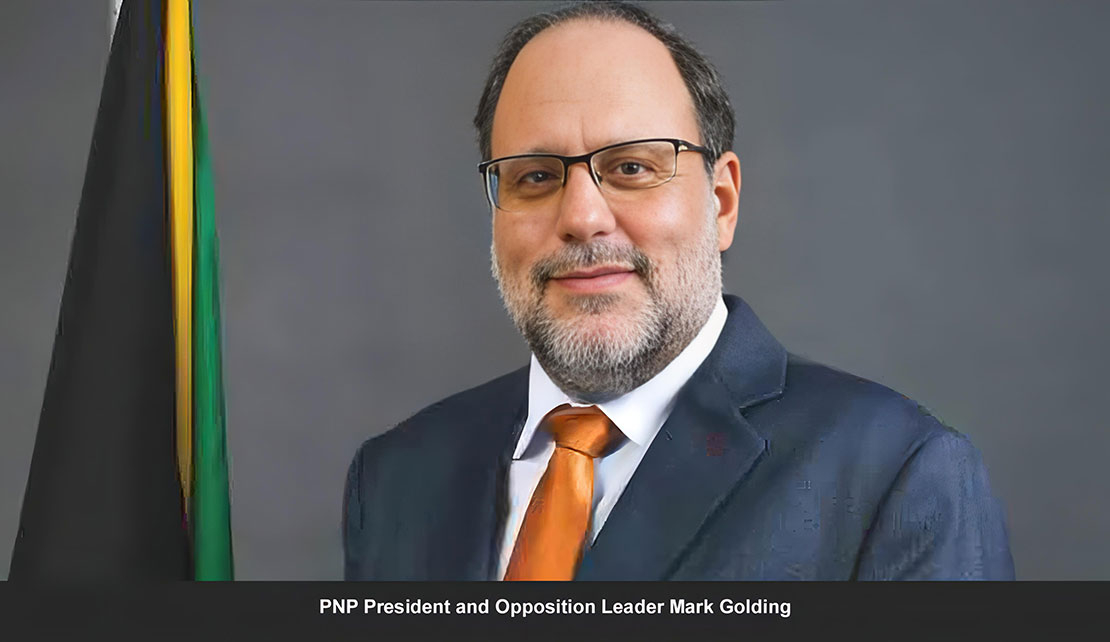
MONTEGO BAY, Jamaica September 18, 2023 - People's National Party President and Opposition Leader Mark Golding on Sunday, reiterated to party supporters the long standing position of the PNP that it will not support the removal of the monarchy without severing ties with the UK Privy Council.
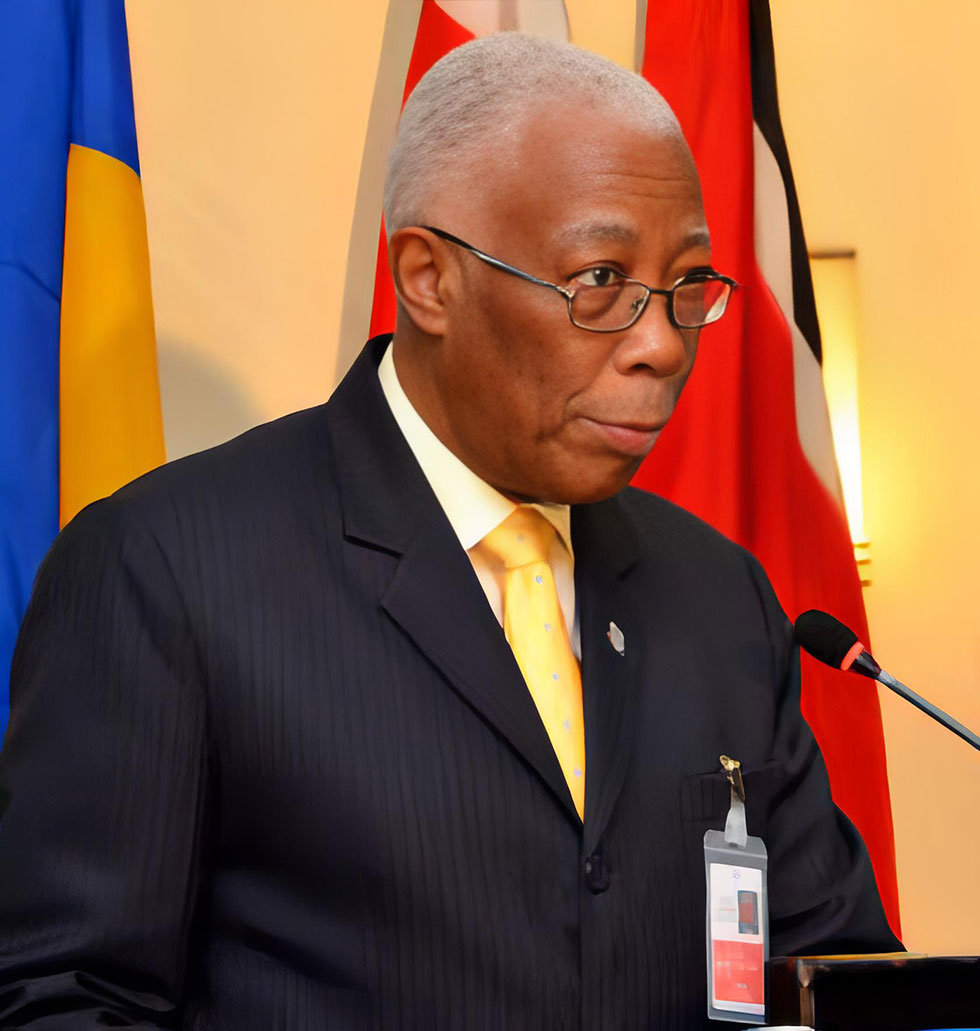
At a time when the government says it is reviewing the constitution with a view to removing the King as Head of State, but with one eye on keeping the Privy Council, the PNP President has drawn the proverbial ‘line in the sand’.
Having spoken, some say Golding’s speech, while acceptable, is ill timed, as ‘the timing is not right’ for a matter such as this. Others say he should have been more diplomatic. He should have spoken with the government about this in private, as this will further cement their already intransigent position!
Former Attorney General and Minister of Justice, A. J. Nicholson, in an article entitled “Walking Through The World on Our Feet and Not on Our Knees,” noted that Jamaica continues to ‘cling unsteadily to the apron strings of the erstwhile Mother Country following the transition from Elizabeth II to Charles III as head of state.’
AJ argued that “Michael Manley, as prime minister, addressing "the anger of the United States" against our friendship with neighbouring Cuba, emphasized that Jamaica's stance was "part of the alliance of Third World nations fighting for justice for poor people," and famously pronounced that as long as he remained head of government, Jamaicans would "walk through this world on our feet and not on our knees."
The esteemed former attorney general observed that “half a century later, the thinking embodied in that culturally uplifting pledge can in no way apply to the cold indifference of the present government as our country enters its seventh decade as a politically independent nation still having the Judicial Committee of the Privy Council as its final appeal court.
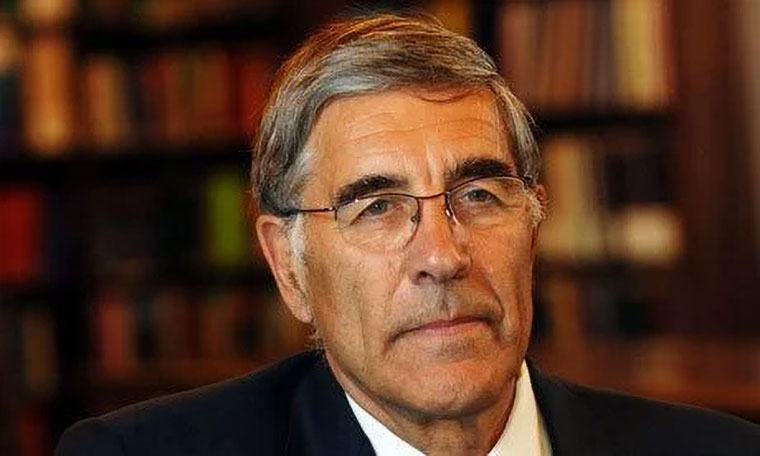
Lord Nicholas Phillips, formerly UK Chief Justice, and the inaugural President of the UK Supreme Court, said that the Law Lords on the Privy Council were spending a ‘disproportionate’ amount of time on cases from former colonies, mostly in the Caribbean. He told the UK's Financial Times newspaper that "in an ideal world" Commonwealth countries - including those in the Caribbean - would stop using the Privy Council and set up their own final courts of appeal instead.
In fact, he pointed out that “the Jamaican authorities have, ostrich-like, ignored the warning given by Lord Phillips, that, should we unashamedly continue to impose on "the judicial time" of their highest judiciary, judges who operate at the level of our Court of Appeal would be drafted onto panels to hear our petitions.
To compound that unabashed indignity, Jamaican nationals have no equal, anywhere among the peoples of the world, with the unparalleled ignominy of having to obtain a travel visa to be physically present in one of the UK courts.
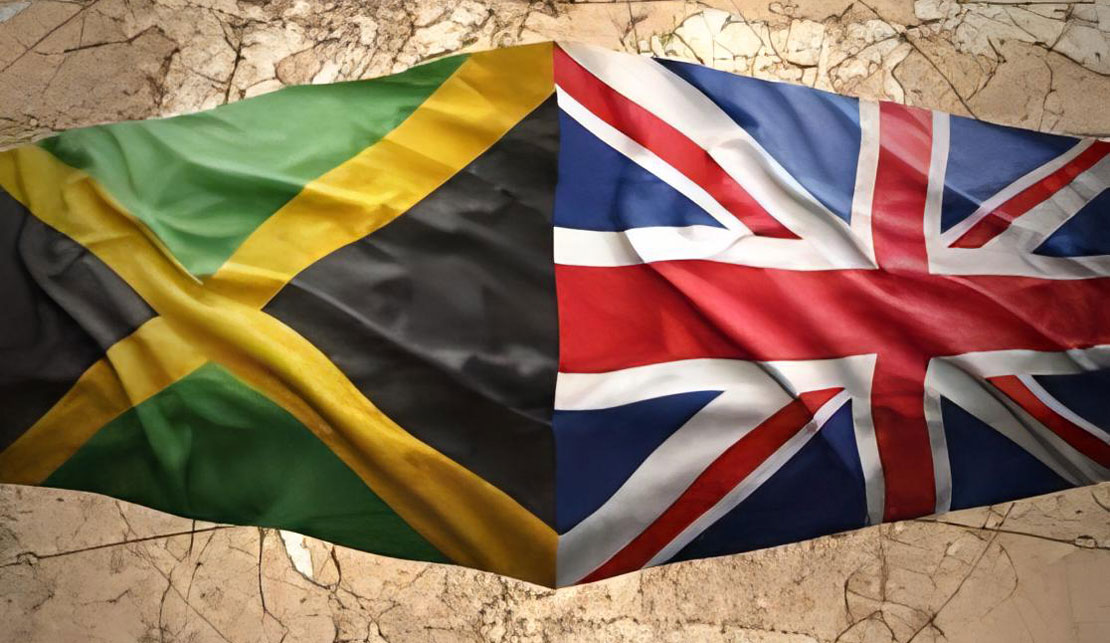 AJ notes with chagrin, as a Senior Counsel of the Court, that “Prime Minister Manley's admonition would have specific relevance to the indignity that befalls our lawyers of enduring the demeaning experience associated with seeking to obtain a travel visa to be present, and as legal representatives, in Jamaica's highest court, where they are not gladly received.”
AJ notes with chagrin, as a Senior Counsel of the Court, that “Prime Minister Manley's admonition would have specific relevance to the indignity that befalls our lawyers of enduring the demeaning experience associated with seeking to obtain a travel visa to be present, and as legal representatives, in Jamaica's highest court, where they are not gladly received.”
“Some legal minds hold that the visa requirement offends against the provision in the Charter of Fundamental Rights and Freedoms which guarantees to citizens and legal representatives unimpeded access to their courts. They contend that that unprecedented impediment cannot meet the test of being demonstrably justified in a free and democratic society,” he maintains.
The former Justice Minister questioned why? Why apart from two small Pacific island states, Tuvalu and Vanuatu, the only independent countries remaining wedded to the Privy Council are those Caribbean states with the majority of their people having descended from forebears who were 'emancipated' after brutal chattel enslavement by the British?
Why is our government strangely satisfied with only three or so petitions being heard annually by the Privy Council, our final court?
“This is essentially stymieing the development of the country's jurisprudence, and depriving the majority of our lawyers of the meaningful experience of practice at the highest level” Nicholson lamented.
“The obdurate obstinacy against severing the link from the British institution is not confined to the governing political party. Some advantaged Jamaicans are not shy in declaring their absolutely uncompromising stance that the link should remain undisturbed.
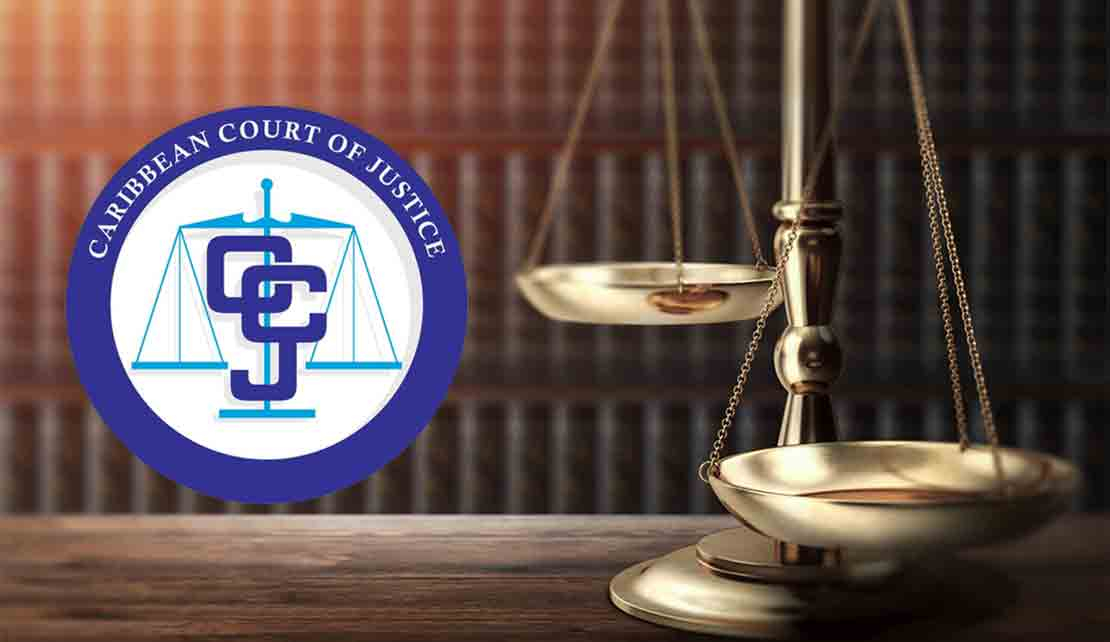 “They are not impressed with the appropriateness of the vision-filled arrangement of the judges of the regional court being attuned to the culture and circumstance within which we live; that the judges will present themselves right here on Jamaican soil to hear our petitions, allowing for access long denied to our less privileged.
“They are not impressed with the appropriateness of the vision-filled arrangement of the judges of the regional court being attuned to the culture and circumstance within which we live; that the judges will present themselves right here on Jamaican soil to hear our petitions, allowing for access long denied to our less privileged.
“They are unmoved by the high commendation that the judgments and general operation of the court receive from the cognoscenti internationally; that sister CARICOM territories which have acceded fully to the court have had no complaints whatsoever.
“Neither are they concerned that, without making prudent use of its services, the financial requirements for the operations of the court are met, in part, from Jamaica's contribution provided from our citizens' tax dollars, including their own.
They subscribe to the heresy that we are not qualified to "render justice to ourselves", sharing with this government the preference of Jamaica continuing to genuflect at the doorstep of the former imperial overlord, rather than walking on our feet, "fighting for justice for poor people".
Never mind that, within a mere ten years in 2033, Jamaica will have been linked to the Privy Council - inaccessible to our economically disadvantaged people - for all of two centuries. The government and some special interests stand together, oblivious to the convention-shattering warning from the highest echelons of the British justice system.
-30-
